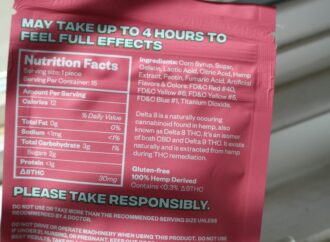Understanding the Controversy
The controversy surrounding Nestlé’s baby food arises from revelations regarding the sugar content in certain products marketed for infants. Sugar, often added to enhance flavour, has come under scrutiny due to its potential adverse effects on infant health and development.
Key Points of Concern
1. Nutritional Implications: High sugar intake during infancy has been linked to various health concerns, including an increased risk of obesity, dental caries, and metabolic disorders. As such, parents and health experts alike have raised concerns regarding the nutritional integrity of baby food products containing excessive sugar.
2. Transparency and Labeling: Questions about the transparency of Nestlé’s labelling practices concerning sugar content have been raised. Critics argue that vague or misleading labelling could potentially mislead consumers about the actual nutritional composition of baby food products.
3. Parental Trust: The controversy has also shaken the trust of parents in Nestlé as a provider of safe and nutritious baby food. Many parents rely on baby food brands like Nestlé for their convenience and perceived quality, making transparency and accuracy in labelling all the more crucial.
Nestlé’s Response:
In response to the controversy, Nestlé has reaffirmed its commitment to transparency and the nutritional quality of its baby food products. The company emphasizes its compliance with regulatory standards and asserts that its labelling practices adhere to legal requirements.
Nestlé has also pledged to take proactive measures to address concerns surrounding sugar content in its baby food range. This includes reassessing formulations, exploring alternative ingredients, and providing clearer labelling to empower consumers to make informed choices.
Moving Forward:
The Nestlé baby food sugar controversy serves as a reminder of the importance of transparency, accountability, and consumer trust in the food industry, particularly concerning products meant for vulnerable populations like infants. As awareness grows regarding the impact of early nutrition on long-term health outcomes, stakeholders must work collaboratively to ensure the availability of safe, nutritious options for infants and young children.
Conclusion:
While the Nestlé baby food sugar controversy has sparked debate and scrutiny, it also presents an opportunity for reflection and improvement within the baby food industry. By addressing concerns, enhancing transparency, and prioritizing the health and well-being of infants, companies like Nestlé can rebuild trust and uphold their commitment to providing safe and nutritious products for the youngest members of society.
 Food Manifest
Food Manifest 















Leave a Comment
Your email address will not be published. Required fields are marked with *